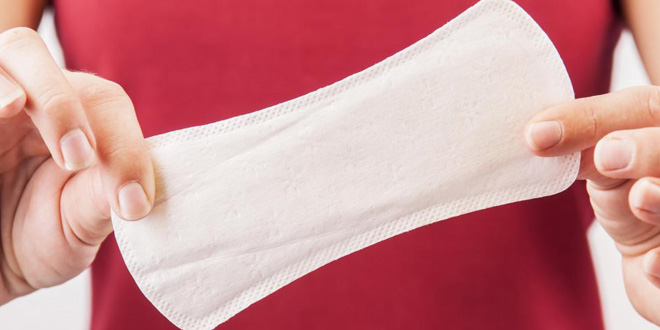
7 Common Menstruation Questions Answered
All girls, especially those in their teens, have a question or two about their menstruation cycle. While there may be lots of similarities between everyone’s cycles, variation is also seen in a sign or two.
The normal duration of the cycle is 28 days for everyone, with ovulation normally occurring at day 14. Menstruation (commonly referred to as a period) varies in its duration, flow, and associated symptoms from girl to girl and woman to woman
In case you have any doubts or questions, read on to find out what’s wrong.
Firstly, relax. It is completely normal for your period to not be normal. Pregnancy is just one reason for your period to not knock. Other reasons such as exercise, excessive weight loss and gain and sickness are also reasons you may have skipped your period.
Most women get their period every 28 to 35 days. If you’re getting your period at much lesser intervals or at much greater length of intervals, go see a doctor.
TSS is a potentially fatal, life-threatening complication caused by certain types of bacterial infections. Historically, it has been associated with the use of super-absorbent tampons. But with manufacturers pulling certain types of tampons off the market, the incidence has greatly decreased.
While the chances are rare, just to be on the safer side, change your pad every 4 hours and give preference to thinner ones. In case you develop nausea, vomiting, rash, diarrhea, fever or chills about two to three days after your period, go see a doctor.
According to WebMD, the amount of blood lost is usually between 4 to 12 teaspoons each cycle. Occasionally clots may be present which may seem your blood flow seem heavier.
These are present on days of heavy blood flow, when the anticoagulants in the blood are not enough to keep your menstrual blood from clotting. You may need to see a doctor if you constantly use more than 10 pads each cycle.
For most women, their period should last for three to five days. Worry not if that’s not the case. Normally it should last between two to seven days. Consistent variation way above or below might call for a doctor’s check-up.
Cramps result in the ischemic phase of our menstrual cycle, when the blood supply to the uterus is cut off. Bleeding in menstruation occurs from this sudden cut off, accompanied with cramps.
To relieve cramps, take any good painkiller such as Advil or ibuprofen. Using a heating pad and pressing it on your stomach and lower back may also help relieve some pain.
When on your period, your body tends to hold in water making you feel fuller and bloated. If you’re having trouble pulling up those skinny jeans, try cutting down on the salt and caffeine. It also makes for a more active you.
There is not enough knowledge about why exactly women experience different cravings and other associated PMS symptoms, but one thing is clear: there is a lot of hormone-play.
Some women may crave ice-creams, chocolates and other sweet stuff. To counter that to an extent, try eating small meals throughout the day in order to keep your body fueled.
If you’re craving greasy, oily foods, potato chips etc., eat healthier fatty foods instead like salmon and nuts.

